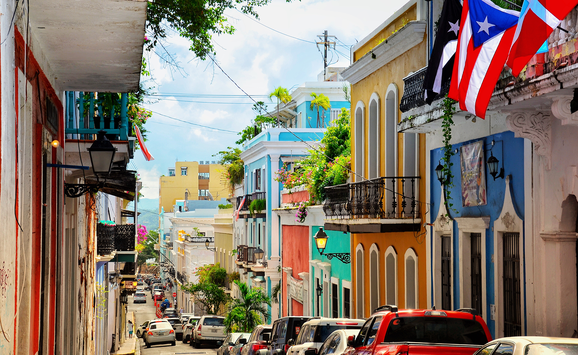COPENHAGEN -- The concept of Gross National Happiness is one that, while having been coined in the early seventies, is still in a somewhat crude stage (at least to the quantitative at heart). When I heard that the Clean Development Mechanism was being touted as a way to help maximize GNH, I naturally had to check it out.
The term Gross National Happiness (GNH) is attributed to former King Jigme Singye Wangchuck of Bhutan. Having initially made its appearance in the early 1970s, one would think the idea has been translated into a quantitative form and used to assess just how well of Bhutan actually is, not so. While the idea does have several main components that comprise it, there is not, as of yet, an objective measurement that can be used in the decision making process of governments. Regardless of these facts, the idea is alive and well in Bhutan.
A recent side-event here in Copenhagen was devoted to the various projects that are being considered by the government of Bhutan in order to maximize their Gross National Happiness, with project financing made available through the Clean Development Mechanism (CDM). The emissions reductions that the government seeks to obtain result from substituting fuel consumption of rural households with that of carbon-free electricity use. In Bhutan then, the CDM is looked at not simply as a way to make money, but also as a way to increase the overall happiness of the country itself.
The reason that the CDM comes into play here lies primary in the geography of the country itself. With much of the land area in Bhutan consisting of mountainous terrain, projects designed to add rural residents to the electric grid are typically not profitable. Due to the fact that such projects can also lower GHG emissions, in the form of the substitution away from fossil fuels to electricity as mentioned above, the opportunity to use this approach under the CDM appears. With additional financing arising from outside sources, as a replacement for the reduction of emissions that are more expensive abroad, projects like extending the grid into mountainous areas can move from a financial loss to an economic gain for the country.
While one may have their doubts about the concept of Gross National Happiness, it would appear that Bhutan can have its cake and eat it too. Of course that is never technically the case. The talk emphasized the fact that the drive to electrify the rural areas of Bhutan comes from a national goal to provide electricity to all citizens by 2013. In this case, the national goal is likely to trump more local concerns about how best scarce resources are spent. Nonetheless, the timing for a new idea could not be better for Bhutan. If an international deal is struck (in Copenhagen or even later), there would be significantly more money available for financing emissions reductions abroad.
In the case that an international deal is struck, Bhutan could just become the happiest place on earth…but don’t pack your bags just yet, politics is tricky business and an international agreement, especially one that requires large concessions in many areas, is never a quick job.
Eric Moore is a Research Assistant at Resources for the Future.




